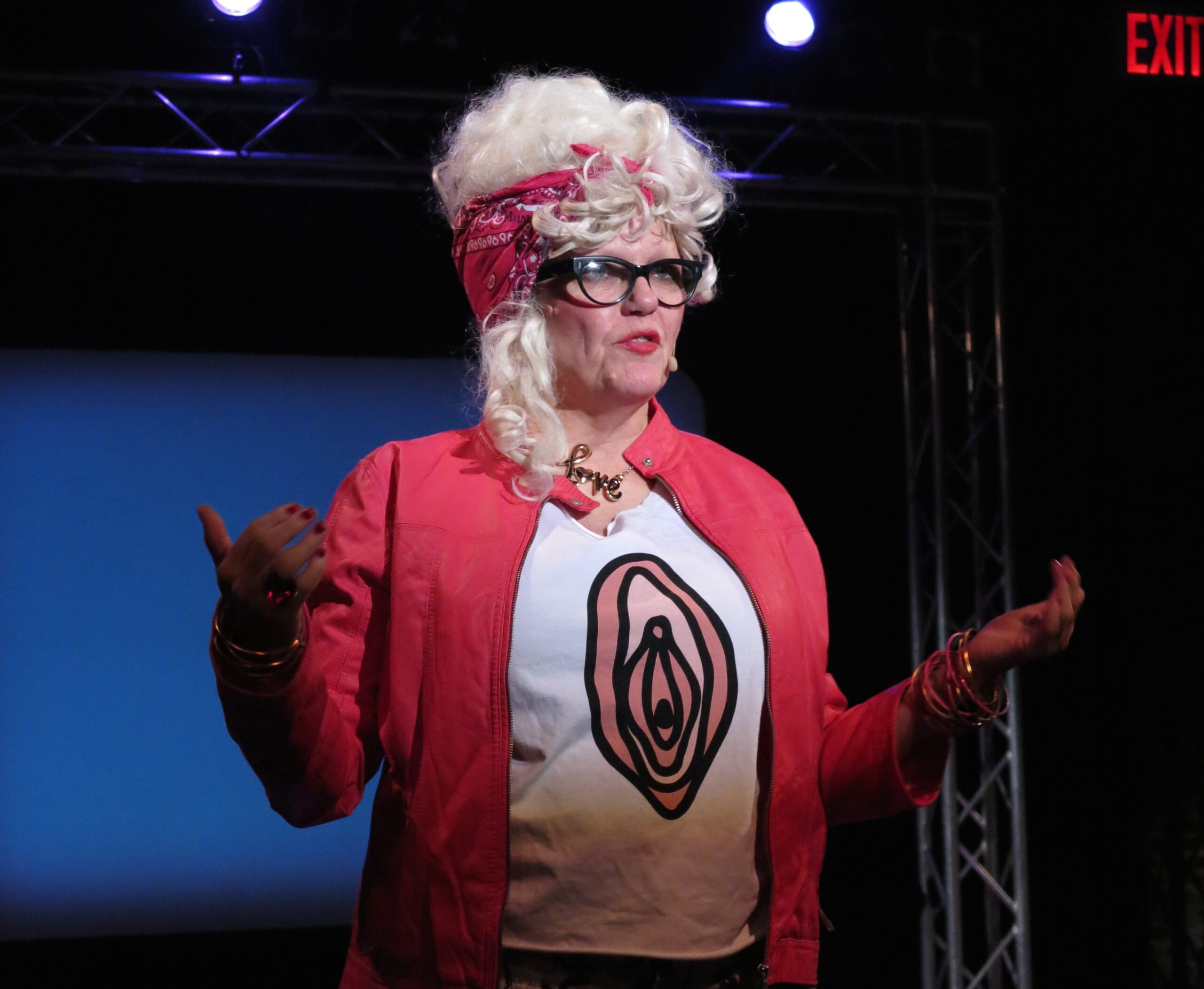
Confronting life’s taboos
How nerve-wracking can it be to sell tickets for a festival that confronts issues such as suicide and abuse? Tim Harrison explains why he’s taken on this challenge.
Making the shift from running The Basement, a small but successful contemporary performance space in Brighton, to running the Sick! Festival, which takes place simultaneously in Brighton and Manchester, was never going to be an easy task. When you add a programme that is dedicated to confronting life’s taboos, that task becomes a really challenging proposition – for organisers and audiences.
The Basement presented work that rarely had a clear narrative, which almost never involved acting in the sense of pretending to be another person, and often placed the audience in unconventional relationships with the performers. In this country, until quite recently, that was often called ‘Live Art’. Go to Belgium and they call it theatre, and it fills 300-seat venues for two-week runs. We felt pretty happy to get audiences of 100 people to one-off performances and we had a lot of good feedback. However, nagging questions remained. Why can’t this amazing, compelling, engaging work really get the scale of audience we feel it deserves? What are the barriers that still prevent people from connecting? Moreover, how can we make something coherent and impactful, which hits us hard because of its boldness in dealing with the grit and shit of real life?
Rather than being put off by the weight of the themes, audiences seemed to connect very strongly with them
When looking for new work to programme, at the forefront of our minds was the desire to see something that gives us a reason to care. We have begun to think about performance in some quite old-fashioned terms like ‘craft’ and ‘content’. More than a century of radical formal innovation has found its way into the DNA of performance; the question now is how are we going to use that?
At the time we established SICK! Helen Medland (Artistic Director) and I were having conversations about all of this as well as reflecting on our own personal experiences – mental health issues, bereavement, illness, and a realisation that, while intensely individual, there was something universal at stake in these experiences and a possibility of real connection. Hence, the exploration of personal (difficult) experiences became the festival’s focus, above artform, or even discipline, in the wider sense. The festival has developed to include many events bringing in voices from academics, clinicians, public health professionals, charities, with the arts becoming one language among many.
We presented a pilot of the festival in 2013 with a strong core of contemporary performance, some work tending towards theatre, others dance, others firmly in Live Art. We received grants from the Wellcome Trust and Arts Council England in January and the festival started in March. Needless to say, marketing was limited. Across six venues in Brighton, most of the shows sold out. The crowd was visibly different from our usual Basement audiences. Everyone wanted to talk. Doctors, academics, charity workers, service users and people who were worried about their family and friends brought questions and insights to debates and post-show discussions.
In 2014 we presented the first full-scale festival on adolescence, mental illness, ageing and death, worrying that these issues would make the whole thing a pretty tough sell. Once again, the audiences exceeded our expectations. We had great support from partner venues who brought their own audiences, and having an illuminated installation in the centre of Brighton no doubt contributed to bums on seats. But our partners noticed that this was not their usual audience. In our audience feedback 60% of the responses stated that their main reason for attending was related to the subject matter, through personal or professional interest. Rather than being put off by the weight of the themes, audiences seemed to connect very strongly with them, finding humour and hope, or simply bearing witness to life’s troubles and their importance.
In 2015 the festival will investigate sex and sexuality, abuse and suicide, issues that we feel are urgent and complex, and even more challenging for a festival. These themes evoke ideas of harm and human responsibility for suffering or wellbeing. We do not take this lightly and signposting our audiences to appropriate support is important for us, and so our brochure, programmes and website contain information about our partners. We also enlist volunteers at our performances to help those affected by the work.
However important we believe SICK! is, we still have a certain nervousness about whether this work will connect with audiences as strongly as we hope. What happens if we have pushed the possible subjects for a festival too far? We shall see.
Tim Harrison is Development Director of SICK! Festival.
www.sickfestival.com
Join the Discussion
You must be logged in to post a comment.